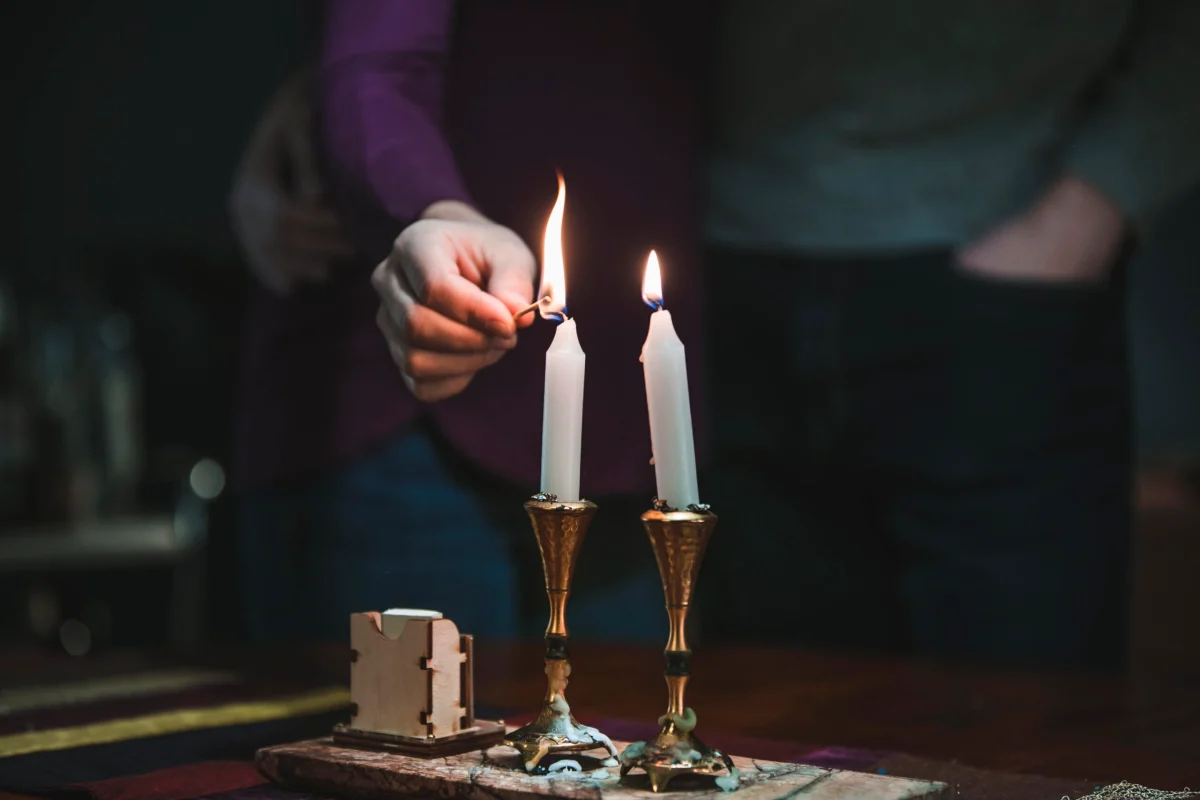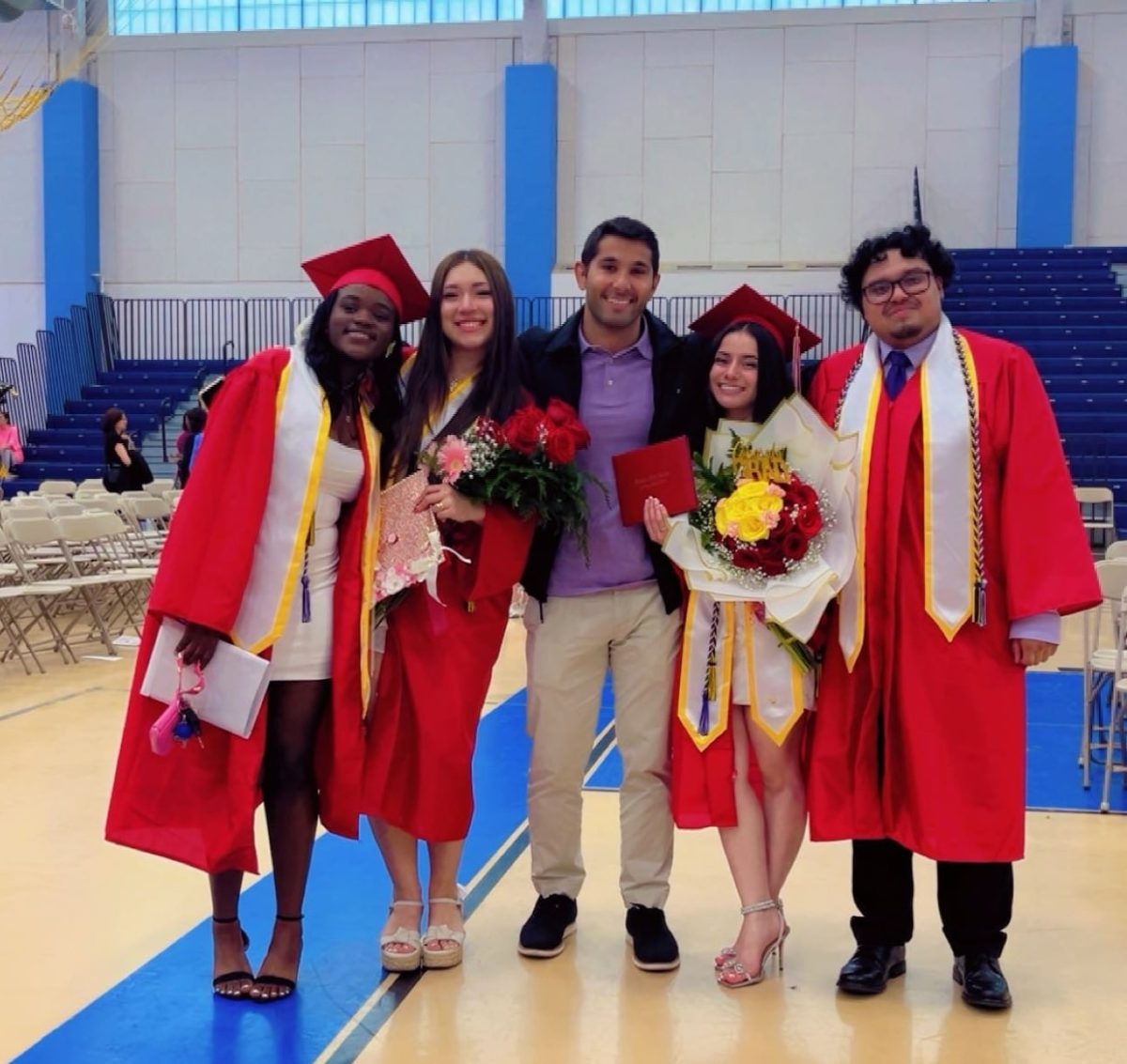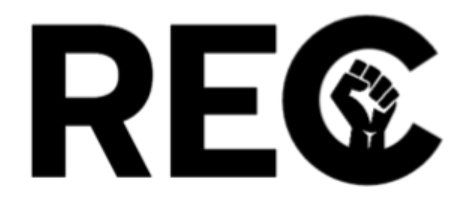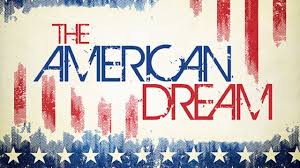Yesterday, we learned about early 20th century Jewish immigration to the United States. Last month, we read Night, a Jewish memoir about a man’s experience with the Holocaust. Last year, we learned about the Holocaust and the murder of 6 million Jews. These are all people of the past.
Yesterday, we learned about the current gun violence that Black communities are facing. Last month, we learned about the current issues that Native Americans are facing. Last year, we learned about the Iranian revolution and human’s rights abuses that came with it. These are all people of the present.
If we can learn about the people of the present that are a part of other groups that are relevant to the average American, why can we not learn about my people in the present as well? This is something that has bothered me for a long time, as too many people, too many times, have used me for a reference point for Judaism, or Jewish people. It’s not their fault either, as I am a living fossil to them. They don’t know anything about me or my culture, because when Jews are talked about, we’re always people of the past.
If you ask a student what they know about Yom Kippur, the biggest Jewish holiday, and one which we get to miss school for, they would probably know next to nothing, yet Judaism is the second biggest religion in the US, with over seven million adherents. However, if you asked a student about Jews during the Holocaust, they would be able to give you a plethora of statistics and data. But because it’s data, it doesn’t put names to faces. It doesn’t help students feel familiar with Jews, which is probably in part why colleges around the US are erupting in protest filled with anti-semitic rhetoric, as people lash out in fear at the unknown.
There is an issue with how we teach the Holocaust and other Jewish history in America: it leaves the canvas half empty. It tells the tale of a nation almost eradicated and left in shambles, with no mention of those who were left, or what life was like after.
During English class this year, we read Eli Wiesel’s Night which was a memoir detailing his experiences in the Holocaust. To give another perspective on what the Holocaust was like, we read excerpts from Anne Frank’s diary, The Diary of a Young Girl. Yet the way the diary is being taught takes away one of its crucial pieces: its human connection. We read about Anne’s loss of hope in a condensed fashion through excerpts, and in doing so, it erased her humanity. This removes the point of reading this text which is to understand what the Holocaust did to people.
The diary lacks an aftermath, or a proper conclusion, like most Jewish writings. However, in an English class this is not a good way to teach about issues and how they persist even after the cause is “resolved”. There is another text that can serve us better though and would work to a greater effect in the excerpt style as each chapter of it is an essay. The book is entitled People Love Dead Jews by Dara Horn. Each chapter is about modern antisemitism, and it directly connects to Night as you get to see a way of living being destroyed in the Holocaust, and what this rebuilt culture looks like, and how generations later, people are still affected.
I know the effects of the Holocaust, of the discrimination faced during Jewish immigration, and so many other tragedies that we overcame, can still be felt. These stories are a core part of my life, yet there is no acknowledgement that these issues still affect us. We are treated as people of the past, with issues that children of the present may learn from, yet Jews of the present still are feeling the aftermath of these catastrophes. We are seen as living fossils, with a culture long dead. Yet, when I wake up each morning and say the morning prayer, I know my culture is still alive and that I am not yet a person of the past.







Anita Lieberson • May 17, 2024 at 11:10 pm
Mature and poignant reasoning for a 16 year long. Congratulations!
Grace • May 17, 2024 at 8:34 pm
Beautiful essay. You speak with the truth, and no fears. You are truly a leader for your generation. We are proud of you, grace
Annalia • May 17, 2024 at 8:16 pm
Such a good piece Jessie. Good job!!